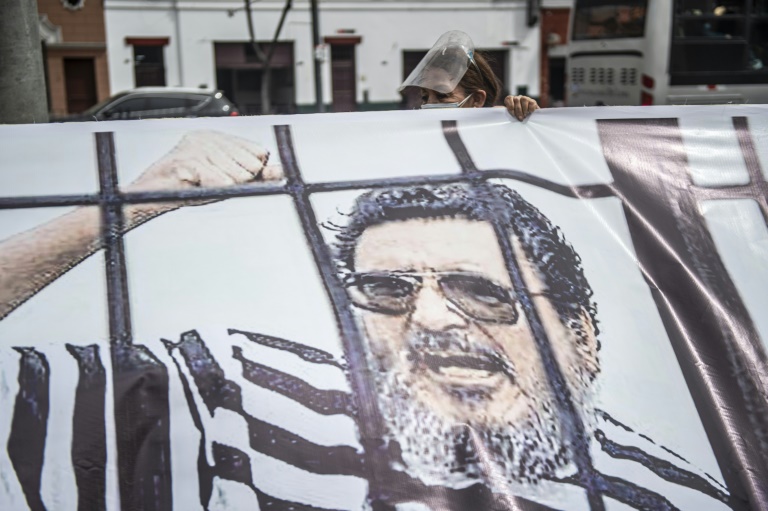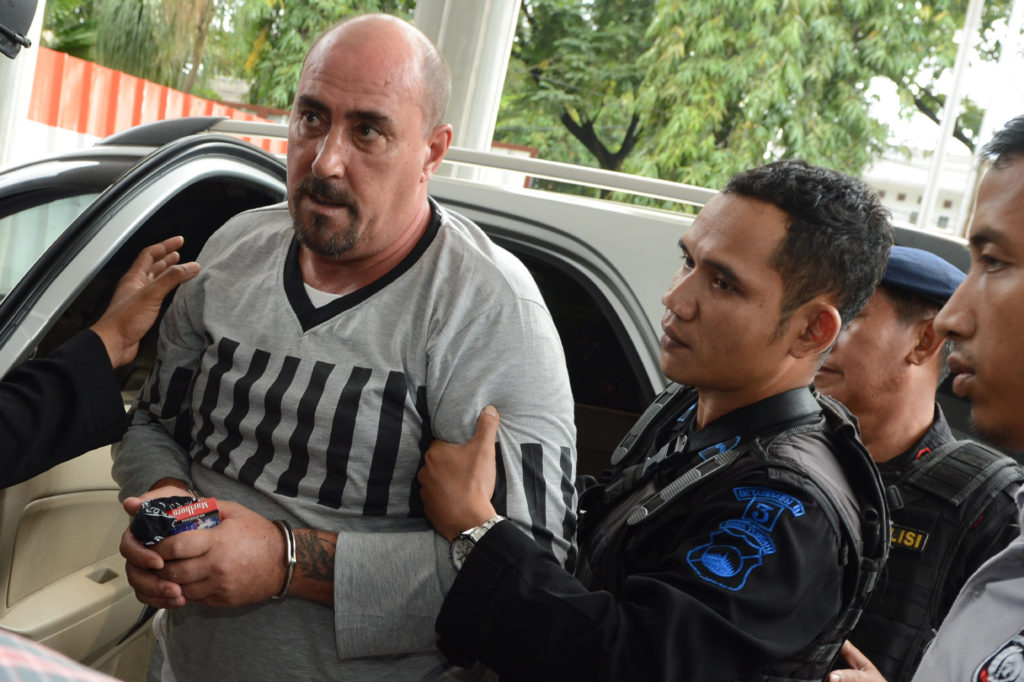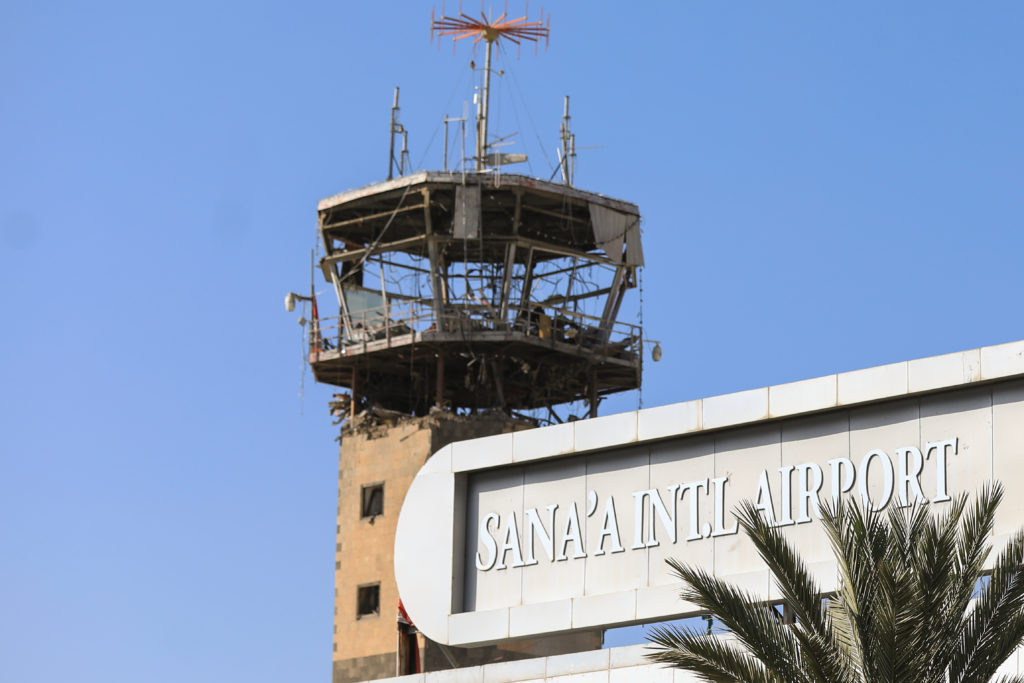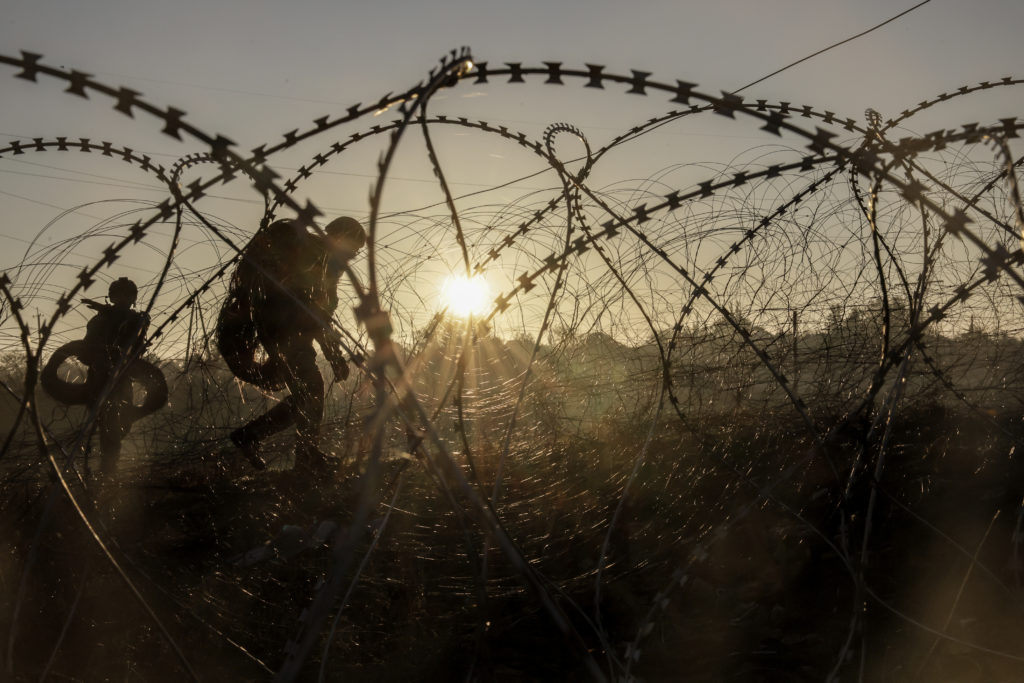Peruvian authorities on Friday cremated the body of Shining Path guerrilla leader Abimael Guzman, closing a violent chapter in the country’s history that claimed tens of thousands of lives over two decades of war.
Guzman, arrested in 1992, died aged 86 on September 11 at a high security prison where he was serving a life sentence.
His body was incinerated Friday at a Navy medical center in Lima, the interior ministry said in a statement.
It did not reveal what would be done with the ashes.
The fate of Guzman’s remains had been the subject of a tug-of-war between his also-imprisoned widow Elena Iparraguirre — a former Shining Path second-in-command, and the state.
She had wanted the body turned over to her for burial.
But officials were concerned that Guzman’s gravesite could become a rallying point for any remaining followers, and there was widespread support for his body to instead be cremated and the ashes spread in the Pacific Ocean.
Last Friday, Congress approved a bill allowing authorities to cremate the body and on Thursday, Peru’s prosecution service ordered this to be done within 24 hours, signaling the closure of the official investigation into his death.
He was reported to have died from double pneumonia — an infection that inflames both lungs and has been associated with Covid-19.
Guzman and Iparraguirre were captured together in September 1992 and married in 2010, despite being held in different prisons.
A former philosophy professor, Guzman was the architect of the Maoist guerrilla group’s brutal 20-year attempt to overthrow the Peruvian government from 1980 to 2000.
Guzman was nicknamed the “Pol Pot” of Peru for his embrace of the brutal guerrilla methods of the Cambodian dictator, including ordering the massacre of 117 residents of an Andean village in 1984.











